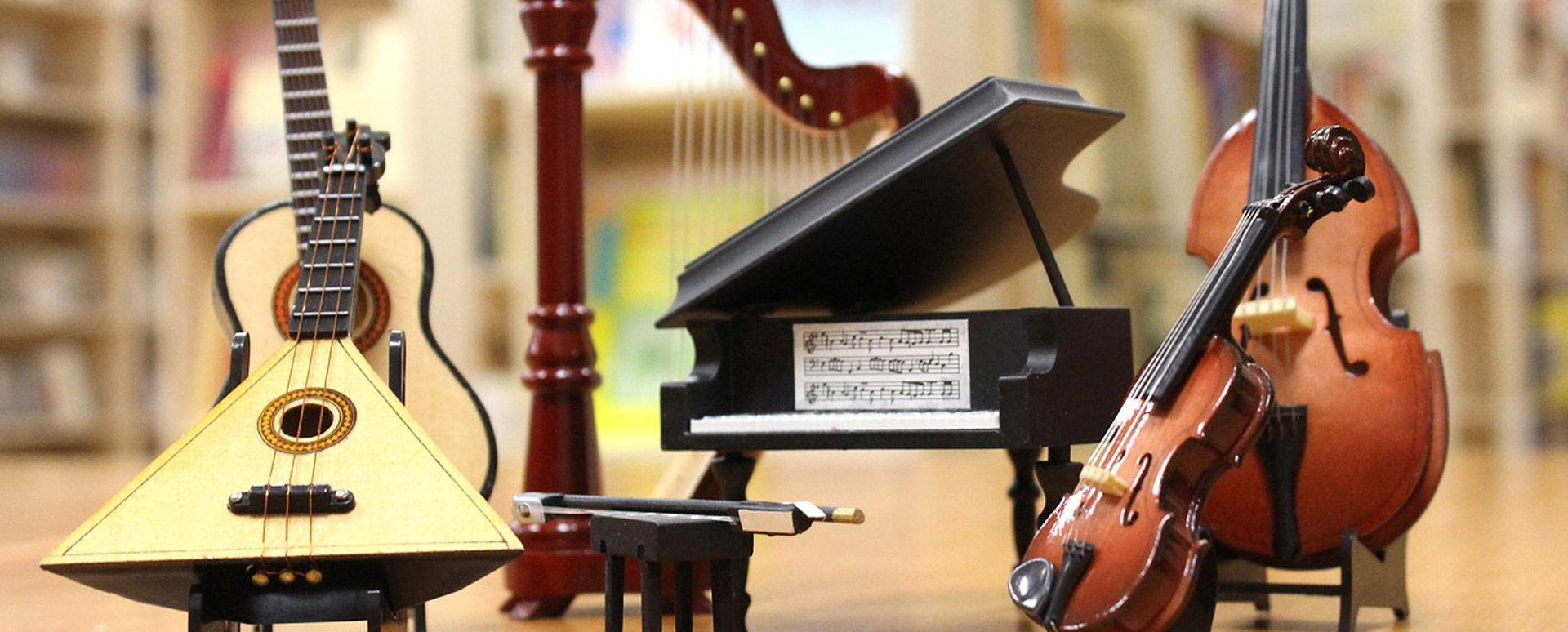Music Departments
The Conservatory, from the very first day of its operation follows the examination system and evaluations of the Associated Board of Royal Schools of Music (ABRSM), so the students are able to participate in the undoubtedly demanding and INTERNATIONALLY RECOGNISED exams of the ABRSM for the achievement of their objectives and the registration of their progress.
The program of the ABRSM is designed in 8 Grades (levels – classes), for which there is no predetermined course of study, but only predetermined list of pieces from the international repertoire. The holder of the 8th Grade can give Diploma Exams of 3 different types:
- Directing
- Performing
- Teaching
These tests take place at the “Larnaca Academy of Music” Conservatory exclusively by British examiners of the ABRSM. The courses are given individually for the instruments and in groups or individually for the music theory and οral examinations. The Director of Larnaca Academy of Music for the ABRSM programs is Mrs. Soteroula Hadjiyiannis, graduate pianist and professor of advanced theory with extensive experience in the ABRSM system.
Additional information can be found in Royal Schools of Music
PIANO
 Grades 1-8 of the Associated Board of Royal Schools of Music (ABRSM)
Grades 1-8 of the Associated Board of Royal Schools of Music (ABRSM)
Associate of the Royal Schools of Music (ARSM) – Performance-only Diploma
Diploma of The Associated Board of the Royal Schools of Music (DipABRSM)
Licentiate of the Royal Schools of Music (LRSM)
Fellowship of the Royal Schools of Music (FRSM).
VIOLIN
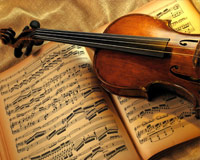 Grades 1-8 of the Associated Board of Royal Schools of Music (ABRSM)
Grades 1-8 of the Associated Board of Royal Schools of Music (ABRSM)
Associate of the Royal Schools of Music (ARSM) – Performance-only Diploma
Diploma of The Associated Board of the Royal Schools of Music (DipABRSM)
Licentiate of the Royal Schools of Music (LRSM)
Fellowship of the Royal Schools of Music (FRSM).
GUITAR
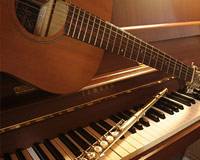 Grades 1-8 of the Associated Board of Royal Schools of Music (ABRSM)
Grades 1-8 of the Associated Board of Royal Schools of Music (ABRSM)
BASSOON
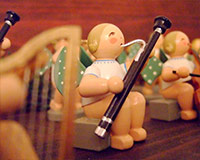 Grades 1-8 of the Associated Board of Royal Schools of Music (ABRSM)
Grades 1-8 of the Associated Board of Royal Schools of Music (ABRSM)
SAXOPHONE
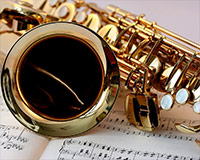 Grades 1-8 of the Associated Board of Royal Schools of Music (ABRSM)
Grades 1-8 of the Associated Board of Royal Schools of Music (ABRSM)
ADVANCED THEORY OF MUSIC CLASS
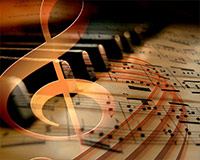 The theoretical examinations are necessary for the development of the student, starting from Grade 1 and reaching Grade 8 of the Associated Board of Royal Schools of Music (ABRSM).
The theoretical examinations are necessary for the development of the student, starting from Grade 1 and reaching Grade 8 of the Associated Board of Royal Schools of Music (ABRSM).
In the early stages of theoretical courses (Grades 1-5) we teach the basic principles of reading and writing music, the importance of rhythm and melody in the construction of musical phrases, as well as many other elements. In higher theoretical levels (Grades 6-8) we teach:
- Harmony
- Counterpoint
- Instrumentology
- History of Music
- Morphology
- An ability to apply theoretical knowledge and understanding to score analysis
- Skills at constructing balanced rhythmic patterns or completing given melodic or harmonic structures
It is important to note that a student needs a prerequisite theoretical level to be able to proceed to the practical (instruments and vocals) Grades 6,7 and 8, therefore it is necessary to hold the Grade 5 in Theory of Music.
TRADITIONAL MUSICAL INSTRUMENTS
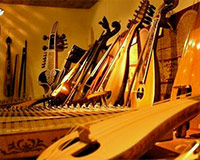 Greek traditional music comprises all songs, rhythms and melodies of Greece. The writers for the majority of these compositions are unknown. These compositions are more than a century old with roots stemming back to the Byzantine period and ancient Greece. Their characteristics are determined by the area in which they are played or from where they originate, such as Epirus, Pontos or the different islands. They are often related to the songs of the neighbouring civilisations.
Greek traditional music comprises all songs, rhythms and melodies of Greece. The writers for the majority of these compositions are unknown. These compositions are more than a century old with roots stemming back to the Byzantine period and ancient Greece. Their characteristics are determined by the area in which they are played or from where they originate, such as Epirus, Pontos or the different islands. They are often related to the songs of the neighbouring civilisations.
Each area uses its own musical instruments to play their traditional songs and dances. These instruments which are still used today for Greek traditional music and dancing can be classified into three families: strings, wind and percussion instruments.
String instruments include the lute, violin, lyre (from Crete, Pontos or Thraki), zither and many more. Examples of wind instruments include the clarinet, flute, bagpipe and zurna. Percussion instruments include the tabor, tambourine and toumperleki.
Aspiring for a holistic music education and with the aim of preserving and promoting our traditions, our school gives the opportunity to every student to engage with our timeless traditions and learn to play music organs, such as the lute and zither.
Lessons are delivered by experienced and renowned musicians. Our classes are targeted towards both children and adults alike
Byzantine Music
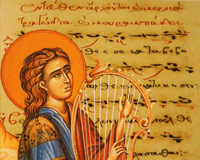 Byzantine ecclesiastical music has its origins in ancient Greek music. The first person who shaped ecclesiastical music, in a complete system with writing and scales – sounds, was St. John of Damascus in the 8th century. Ecclesiastical music evolved alongside the hymns and the operational needs of the church.
Byzantine ecclesiastical music has its origins in ancient Greek music. The first person who shaped ecclesiastical music, in a complete system with writing and scales – sounds, was St. John of Damascus in the 8th century. Ecclesiastical music evolved alongside the hymns and the operational needs of the church.
Special liturgical books which comprise hymns of the Divine Liturgy and the Vigils include the following:
- Short and Slow Anastasimatarion
- Short and Slow Heirmologion
- Hymns of the Matins and Vespers
- Hymns of the Divine Liturgy
- Hymns of the annual calendar of saints (name days)
Lessons in Byzantine music are delivered in our school by the cantor (Protopsaltis) of the church of St. Lazarus in Larnaca, Mr. Nikos Papadamou.


